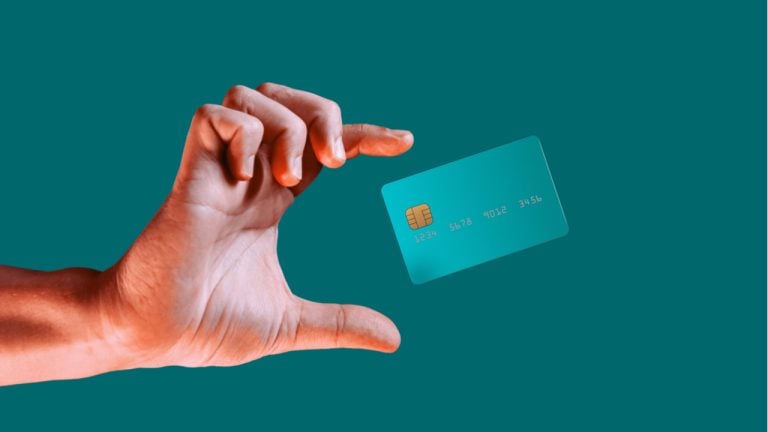
The company's trademark owner applied for its name to be used in software “to view, access, store, monitor, manage, trade, send, receive, transmit, and exchange” crypto and NFTs.
Major credit card company Visa may be planning to explore digital wallet services based on two recent trademark applications.
According to records submitted to the United States Patent and Trademark Office on Oct. 22, the Visa International Service Association filed two applications for its character mark to be used in software “to view, access, store, monitor, manage, trade, send, receive, transmit, and exchange” crypto assets and nonfungible tokens, or NFTs. The filings also suggested the credit card company may be exploring a move into the metaverse, with its namesake used in “virtual environments in which users can interact for recreational, leisure or entertainment purposes.”
VISA has filed 2 trademark applications claiming plans for:
— Mike Kondoudis (@KondoudisLaw) October 27, 2022
▶️ Managing Digital, Virtual, and Cryptocurrency transactions
▶️ Digital currency + Cryptocurrency wallets
▶️ NFTs + Virtual goods
▶️ Providing virtual environments
...and more#NFT #Metaverse #Web3 #Cryptocurrency pic.twitter.com/SnTkt8jx4o
Some reports suggest that there are more than 1 billion Visa cards in circulation around the world. The company has previously partnered with crypto firms to offer credit and debit cards tied to crypto payments. The trademark filings followed those of Mastercard, which applied to the USPTO in April to use its logo in the metaverse and through NFTs.
Related: Western Union may be planning to expand its digital offerings far beyond remittances
The credit card company has announced gradual forays into the crypto space in recent years. In March 2021, Visa said it planned to launch a pilot program allowing its partners to use USD Coin (USDC) to settle transactions made in fiat. The company also spent $150,000 to acquire a cryptopunk in August 2021 as part of an effort for “first-hand understanding of the infrastructure requirements for a global brand to purchase, store, and leverage an NFT.”









